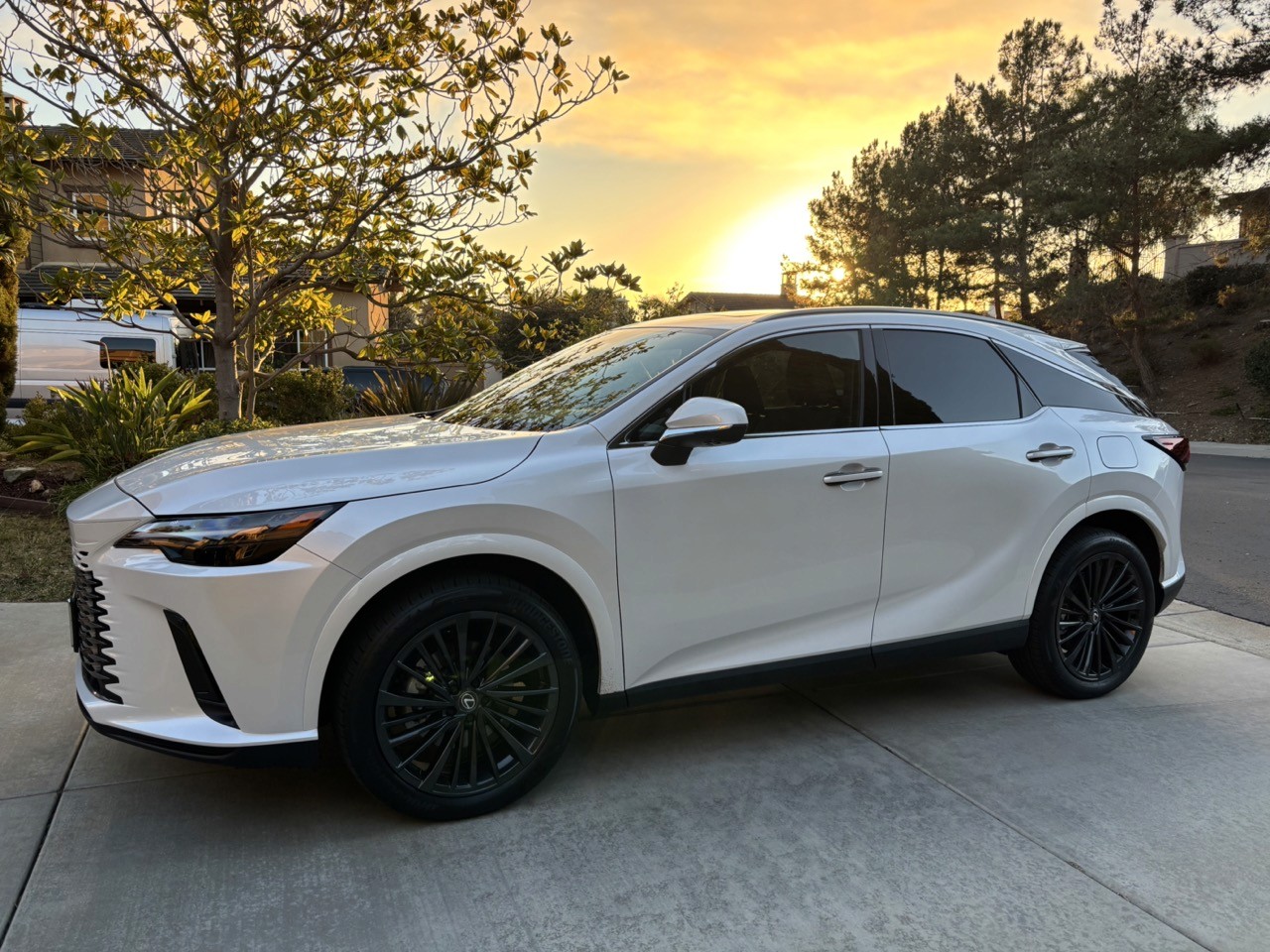Choosing the Right Wheels for Your Car: A Comprehensive Guide
Written By
CarOracle Experts
Published
May 30, 2023
Choosing the perfect wheels for your car can transform its look and feel. Discover key factors to consider in our comprehensive guide.
At a Glance
Wheel size: Factory recommendations and impact on performance
Wheel weight: The science behind unsprung weight
Wheel material and construction method: Steel vs. alloy and forging vs. casting
Tire compatibility: Selecting the right tires for your new wheels
Durability and testing standards of wheels
Additional resources for wheel selection
The Right Size and Offset Matters
Wheels are not a one-size-fits-all component. Larger wheels may seem sportier, but they may also negatively affect ride comfort and fuel efficiency. Pairing larger wheels with low-profile tires means less cushioning between the road and the wheel. Sticking close to your vehicle's factory wheel size ensures new wheels and tires fit correctly within the wheel wells without interfering with the suspension or braking system.
Wheel offset, or the distance from the wheel's mounting surface to the centerline, is another crucial factor. An incorrect offset can affect handling and lead to premature wear on your suspension. Tools like Tire Rack's configurator can help you find wheels with the right offset for your specific vehicle model.
Lighter is Better: Understanding Unsprung Weight
First, a lighter wheel reduces the overall weight that your vehicle's suspension must control, which leads to improved responsiveness and handling. Second, it can also enhance ride quality as lighter wheels can follow the road surface better than heavier ones, providing a smoother ride.
Conversely, heavier wheels increase unsprung weight, which can negatively affect vehicle performance. This increased weight can lead to slower acceleration and higher fuel consumption as your vehicle's engine works harder to rotate the heavier wheels. Additionally, the increased load can impact ride quality and steering feel, making your vehicle feel more sluggish. Increased unsprung weight also accelerates wear and tear on your suspension components, potentially leading to higher maintenance costs in the long run.
Materials and Construction: Choosing Quality Wheels
Wheels are typically made from steel or alloy, with alloy wheels being lighter and offering performance benefits. However, the quality and durability of alloy wheels greatly depend on their construction process. There are three primary construction methods for alloy wheels: gravity casting, low-pressure casting, and forging.
Gravity casting involves pouring molten metal into a mold, where gravity helps fill the mold. Low-pressure casting uses pressure to push the molten metal into the mold, resulting in a denser, stronger wheel. Forged wheels, meanwhile, are made by applying high pressure and heat to a solid piece of alloy, resulting in the lightest and strongest wheels.
Choosing Compatible Tires, Doing Your Research, and Leveraging Resources
When upgrading your wheels, it's crucial to ensure you choose tires that are the right size and type for your new wheels. Incorrectly sized tires can affect your vehicle's speedometer and odometer readings and may pose safety risks.
Prioritizing aftermarket wheel options with a proven track record of durability and safety is vital. Consumer reviews can provide valuable insight into the performance and longevity of various wheel options.
Selecting the right wheels for your vehicle can be a complex task, with numerous factors to consider. Resources like Tire Rack can greatly simplify this process. Their website not only provides consumer reviews but also a wheel configurator. This tool allows you to visualize different wheel options on your specific vehicle model, combining style preference with technical compatibility, ensuring you make an informed decision.
Conclusion & Recommendations
Choosing the right wheels for your car requires careful consideration of several factors. Size, weight, material, construction method, and tire compatibility all play a crucial role in ensuring your new wheels not only enhance your vehicle's appearance but also maintain or improve its performance, safety, and efficiency. Resources such as Tire Rack's wheel configurator and consumer reviews are invaluable aids in your decision-making process.













